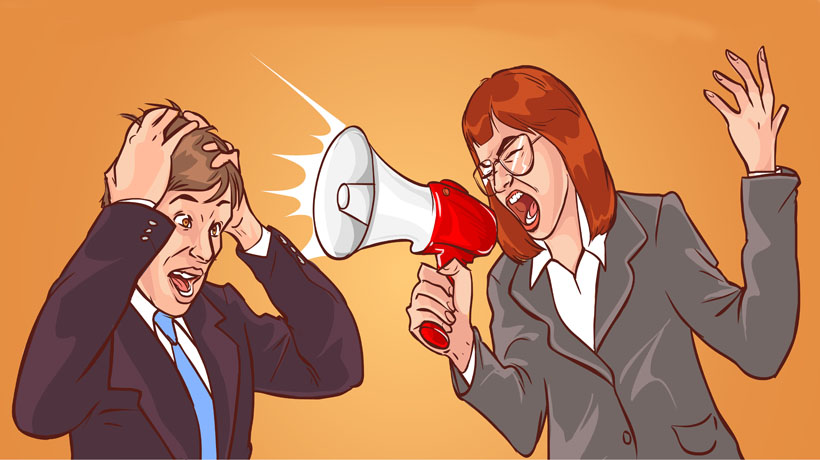Yes, there are selfish listeners. But as Ralph Waldo Emerson said, “What you do, speaks so loud I cannot hear what you say.” What might we be doing that gets in the way of our being heard?
Don’t ignore the emotional brain
Our brain is designed to keep us safe so it searches for things that will help us or hurt us. If it senses something might hurt us, it releases a hormone that hijacks the thinking part of the brain. If you’re talking to a partner or direct report about something they don’t want to hear, they may feel threatened causing their brain to flip into FLIGHT or FREEZE mode. Hence, they stop listening. (OR they go into FIGHT mode and lash out)
Find a way to unleash their feel-good hormones. Highlight the “WIIFT” (What’s In It For Them) part of the message. People are much more likely to listen to you if they sense that what you have to say affects them, so make sure to communicate the WHY behind the WHAT.
Watch your timing
If we are too tired, distracted or have been emotionally hijacked (see above) our brain can’t take in new information. Is your listener in an emotional state to be able to hear you? Ask, “Is this a good time to discuss X?” Or, “Do you have a few minutes to talk about Y?” This helps the brain know how it needs to pay attention.
You can even do this mid-conversation. Instead of saying “YOU’RE NOT LISTENING TO ME!” You can say, “It looks like you have something else on your mind. Maybe we can talk about this another time.” This might have the effect of shifting them out of FLIGHT/FREEZE mode (because you’ve lowered their stress hormone by showing you care how they FEEL) and they might now be ready to listen.
Dish it out – don’t dump it on
You ever have those conversations when it feels like someone has aimed a firehose of words at you? Don’t be that person. Pause and check in. Pausing gives people a chance to breathe and take in what you’ve said or interject and ask questions.
Checking in with “does that make sense?” or “do you agree?” gives them a chance to reflect and increases the likelihood of your communication being understood.
It’s not always what you say, but how you say it
According to many studies, non-verbal skills your voice, vocal quality and body language, account for more than 80% of your message’s effectiveness. Make strong eye-contact and use powerful and confident body language. Work on speaking from your diaphragm and engaging the resonance of your chest voice; develop a confident vocal tone (no “valley girl” or Upspeaking please!) Eliminate non-words like um, uh, like and you know. (Check out my Vocal Workout CD for exercises if you want help.)
If you’ve tried all the above tips to no avail, here is my strong advice: politely WALK AWAY!



